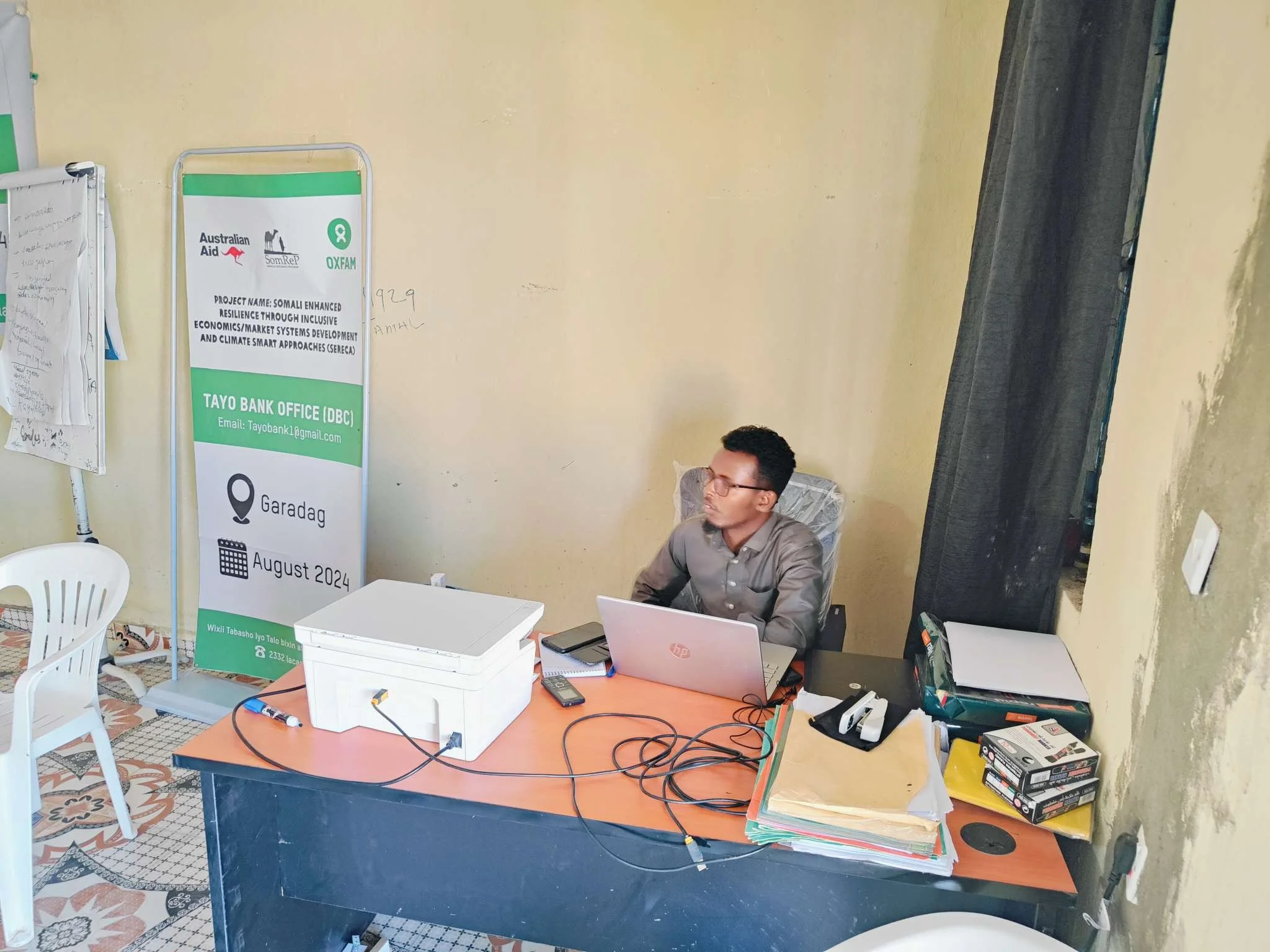
SomReP Village Banking Model in Rural Communities In Sanaag Region - Scaling Women Economic Empowerment through Financial Market Systems

Building Better Futures: The Transformative Power of VSLA

Combating Soil Erosion and Improving Land Productivity through Gabions in Qoyta Village, Burao District

From Scarcity to Hope in Diilin Village, Puntland
For years, water scarcity disrupted livelihoods and education in Diilin Village, Puntland. The Somali Resilience Program (SomReP), with Action Against Hunger and funding from SDC, drilled a solar-powered borehole—providing reliable, year-round water

Empowering Pastoralists through FMNR Training
The Farmer-Managed Natural Regeneration (FMNR) initiative has become a catalyst for change.

Effective Natural Resource Management in Rural Baidoa

El Afweyn Meat Market Association

